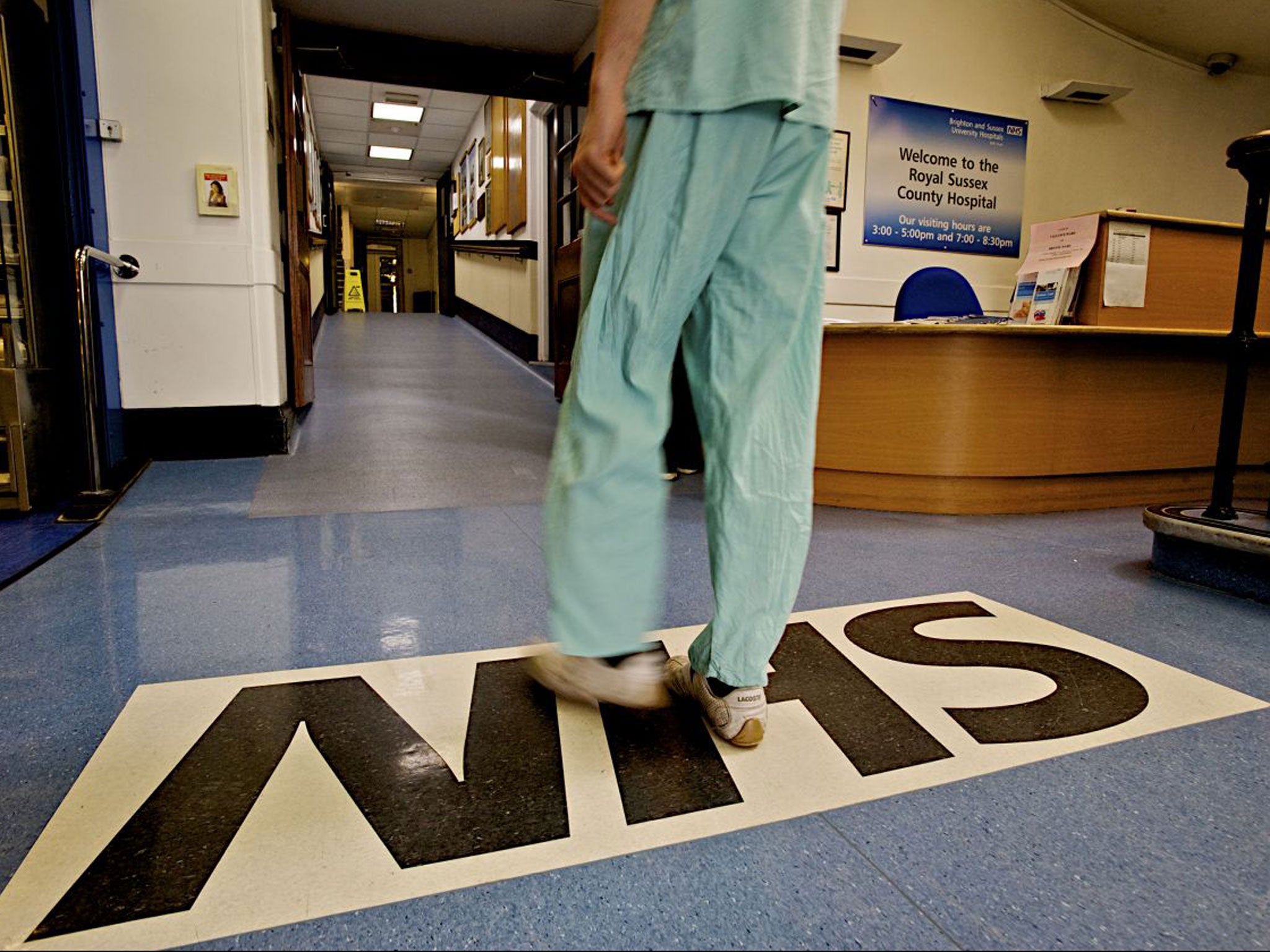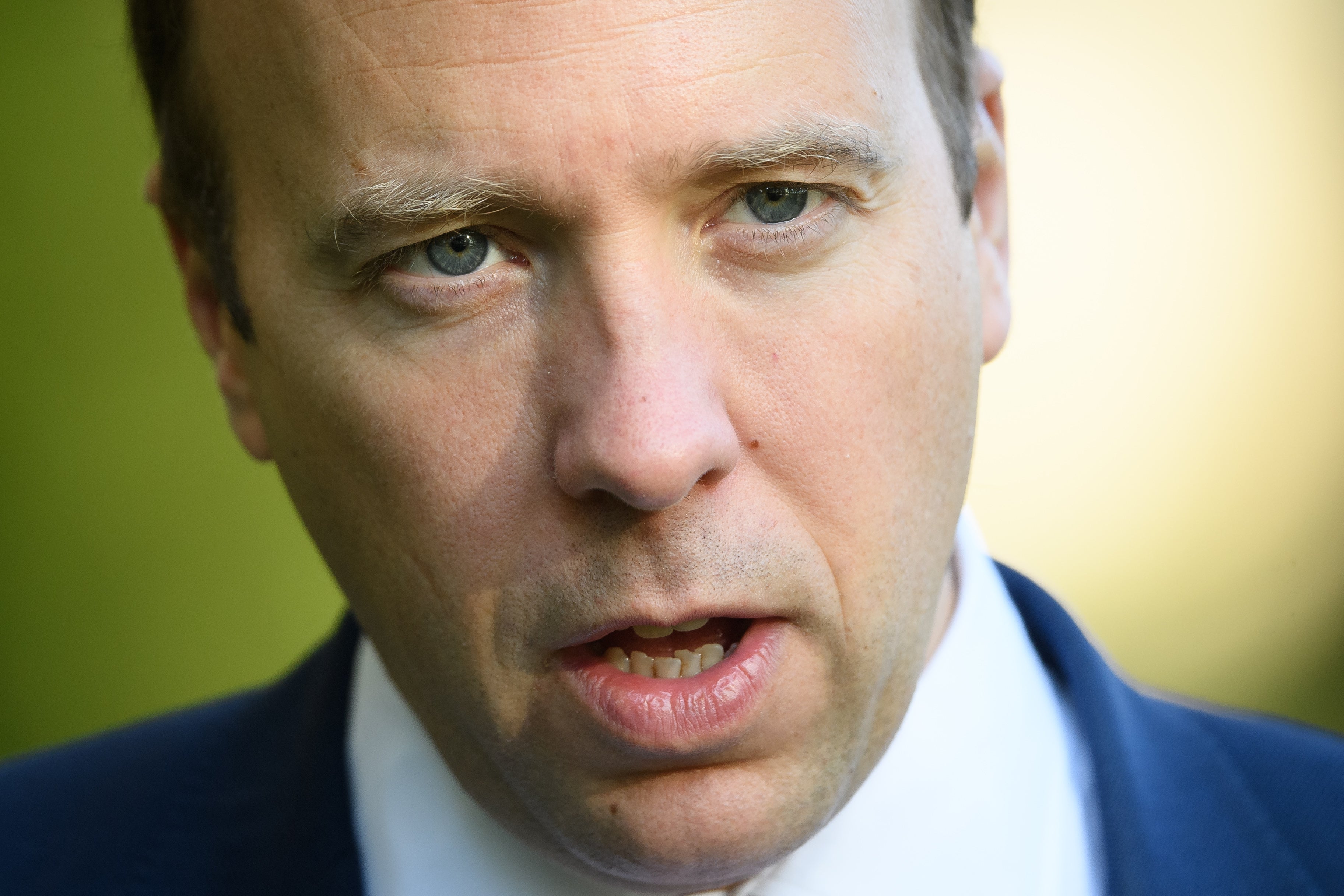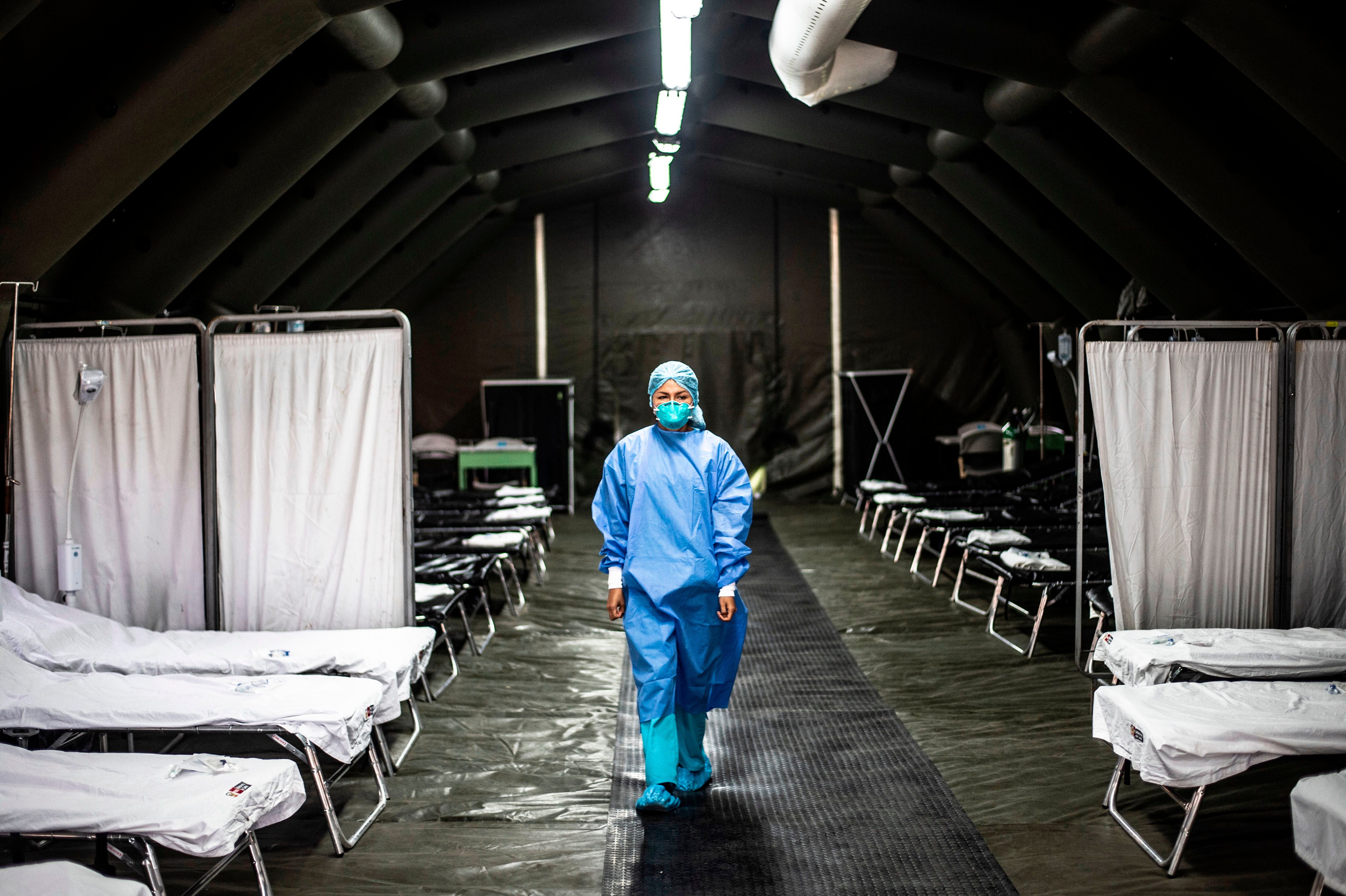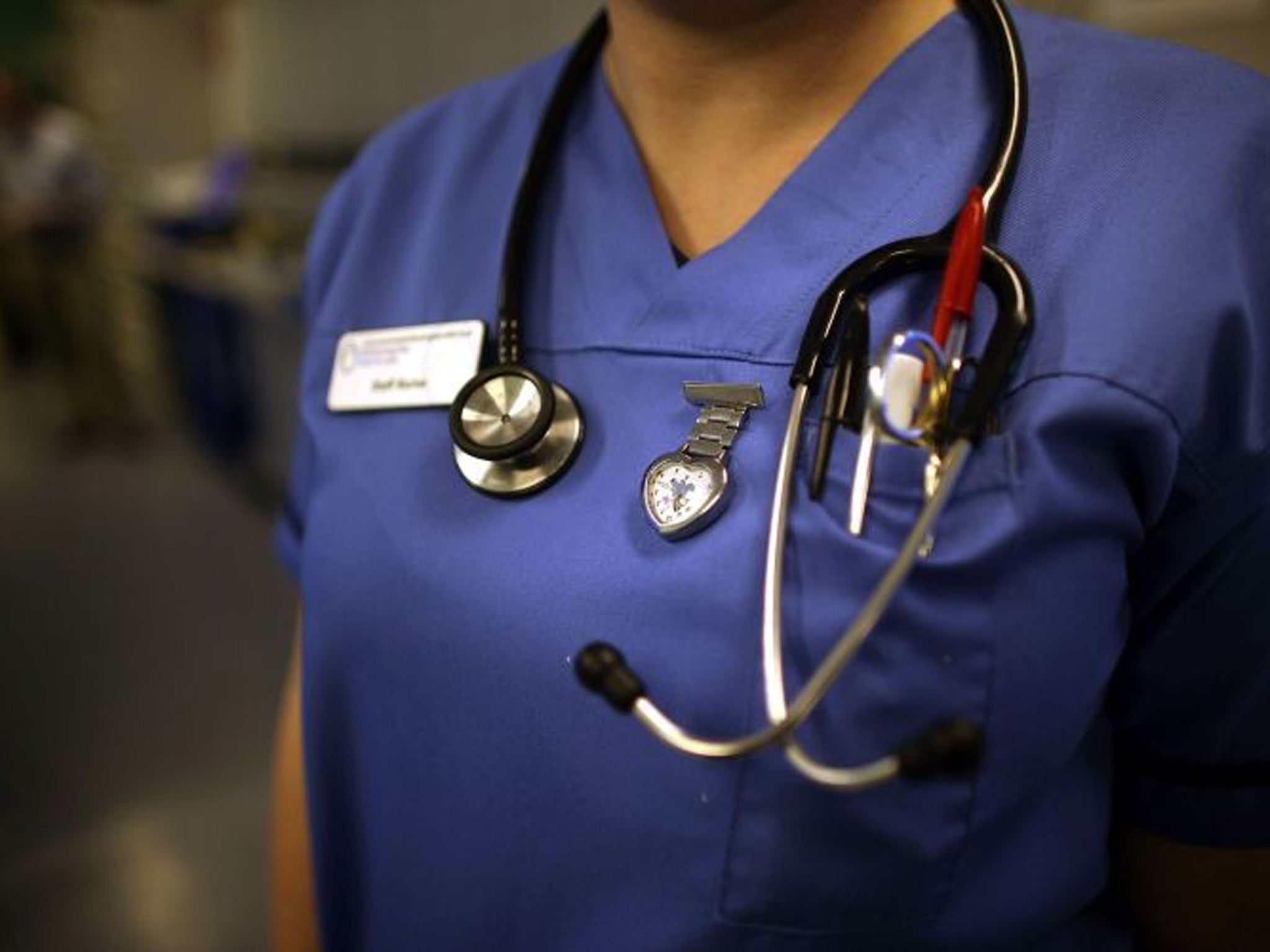Coronavirus news: UK coronavirus cases hit highest ever daily total, as Wales announces more local lockdowns
Follow the day’s events as they happened
Your support helps us to tell the story
From reproductive rights to climate change to Big Tech, The Independent is on the ground when the story is developing. Whether it's investigating the financials of Elon Musk's pro-Trump PAC or producing our latest documentary, 'The A Word', which shines a light on the American women fighting for reproductive rights, we know how important it is to parse out the facts from the messaging.
At such a critical moment in US history, we need reporters on the ground. Your donation allows us to keep sending journalists to speak to both sides of the story.
The Independent is trusted by Americans across the entire political spectrum. And unlike many other quality news outlets, we choose not to lock Americans out of our reporting and analysis with paywalls. We believe quality journalism should be available to everyone, paid for by those who can afford it.
Your support makes all the difference.More than 7,100 new coronavirus cases have been reported in the UK - marking the highest daily figure recorded since the outbreak began.
The new figure brings the total number of confirmed infections to 446,156.
Meanwhile, Wales announced four more local lockdowns following a rise in coronavirus cases in the areas.
Restrictions are set to be introduced in Denbighshire, Flintshire, Conwy and Wrexham from 6pm on Thursday to help control the spread of the virus.
Good morning and welcome to today’s live blog. We’ll be bringing you rolling updates and statistics on the coronavirus pandemic throughout the day as the global death toll surpasses one million.
NHS facing ‘triple whammy’
A report has warned that the NHS is facing a “triple whammy” of issues due to the ongoing coronavirus pandemic.
Local outbreaks and a second wave of Covid-19 occurring in tandem, and “exhausted” NHS staff trying to manage a “huge backlog” of people needing care alongside reduced capacity due to infection control measures, may cripple the health service, says the NHS Confederation.
The organisation released a report, titled NHS Reset, setting out the challenges faced by the health service and how the system should move forward in the aftermath of the pandemic.
Kate Ng has more details in this article:

NHS faces 'triple whammy' of issues due to coronavirus
‘There is unlikely to be much respite before winter’
North East faces tighter restrictions
New legal restrictions on indoor mixing between different households are to be introduced in the north east of England from midnight.
Health secretary Matt Hancock told the House of Commons the new control was being imposed after infection rates rose above 100 cases for every 100,000 in the local population.
The restriction will apply to areas of the North East which were put under local controls a fortnight ago, including Northumberland, North Tyneside, South Tyneside, Newcastle, Gateshead, Sunderland and County Durham.
Political editor Andrew Woodcock explains more:

Mixing households to be banned in north east England, Matt Hancock says
Infection rate in area tops 100 per 100,000 population
Global death toll hits one million
The coronavirus pandemic has now claimed more than 1 million lives around the globe, according to the latest official death tolls, with more than 33 million cases, Andy Gregory reports.
The grim milestone was passed in the early hours of Tuesday morning. On Monday evening the UK announced a further 13 deaths.
In total, 1,000,555 people have died according to John Hopkins University, which calculates the totals from sources including governments.

Global coronavirus death toll reaches one million
Death toll doubles in three months as virus continues to spread
Analysis: How have key nations fared during the pandemic?
The coronavirus has now claimed one million lives, but as the crisis developed, countries’ paths have greatly diverged.
Many countries worldwide imposed lockdowns, curfews and other previously unthinkable curbs on personal freedoms.
Although on the surface the measures taken may have appeared broadly similar, minor tweaks and delays have proven to be the potential difference between tens of thousands of infections.
Here, Andy Gregory takes a snapshot look at how key nations across the world have dealt with the pandemic so far, and the impact this has had upon the lives and health of their populaces.

How have key nations fared during the coronavirus pandemic?
Small differences in preventative measures have dramatically altered the course different countries have taken
Gateshead council leader ‘not warned about new restrictions’
The leader of Gateshead Council has said he was not warned new restrictions were to be imposed to stem the spread of coronavirus across parts of north east England.
Martin Gannon told BBC Radio 4's Today programme the measures were "unfortunately" necessary to deal with the cases having "skyrocketed" in the North East, but said a "proper" test and trace system could have managed the pandemic.
"It was announced in the House of Commons and we were not told beforehand that announcement was going to be made," he said.
"However, we had had discussions last week that led us to believe that this was going to happen. We just weren't pre-warned that it was actually going to happen. It didn't help.
"I got inundated with telephone calls and emails last night from people asking, 'Can we do this, can we do that?' and actually I didn't have the precise wording of the regulations in front of us.
"So it is a bit chaotic the way these things happen, Nick (Forbes, Newcastle City Council leader) was quite right to be annoyed about that."
Restrictions appear to have ‘slowed infection rate’
Professor Andrew Hayward, a scientist advising the government's coronavirus response, has said some of the new restrictions appear to have slowed the rate of coronavirus's spread.
The UCL epidemiologist said "unfortunately" the new measures across north east England are necessary to prevent a large death toll.
He told BBC Radio 4's Today programme: "It does look like the rate of increase has decreased with some of the new measures that have been introduced - so that's a good thing."
Opinion: It’s time to fix the healthcare imbalances between old and new Europe
The brain drain of medical professionals from central and eastern Europe has left gaping holes in health coverage in some of the EU’s poorest member states, writes Clotilde Armand for Indy Voices.

Opinion: As a second wave hits, it’s time to fix Europe’s healthcare imbalances
The brain drain of medical professionals from central and eastern Europe has left gaping holes in health coverage in some of the EU’s poorest member states
WHO special envoy warns against stricter rules
A World Health Organisation special envoy on coronavirus has warned against imposing stricter rules to control behaviour, arguing people must support the restrictions needed to slow the spread.
David Nabarro told BBC Radio 4's Today programme: "This war, and I think it's reasonable to call it a war, against this virus, which is going to go on for the foreseeable future, is not going to be won by creating tougher and tougher rules that attempt to control people's behaviour.
"The only way that we will come out ahead of this virus is if we're all able to do the right thing in the right place at the right time because we choose to do it.
"I think we will get the point, I just hope that it doesn't require a lot more people to end up in hospital and dying for us all to get the point, that all of us, all of us, have to be rigorous about physical distance, wearing masks, hygiene, isolating when we're sick and protecting those who are most vulnerable."
Brussels bans prostitution
Brussels authorities have decided to ban prostitution until further notice in a bid to slow the spread of coronavirus in Belgium's capital city.
In addition, authorities have shut down three hotels hosting sex workers because social distancing measures were not respected, said Wafaa Hammich, a spokeswoman at Brussels city hall.
She said police controls will be stepped up to make sure the ban is enforced.
The decision came after Brussels decided to impose a curfew on bars.
Since the start of this week, all bars and cafes have to close between 11pm and 6am while any other businesses selling drinks or food will shut down at 10pm.

Join our commenting forum
Join thought-provoking conversations, follow other Independent readers and see their replies
Comments